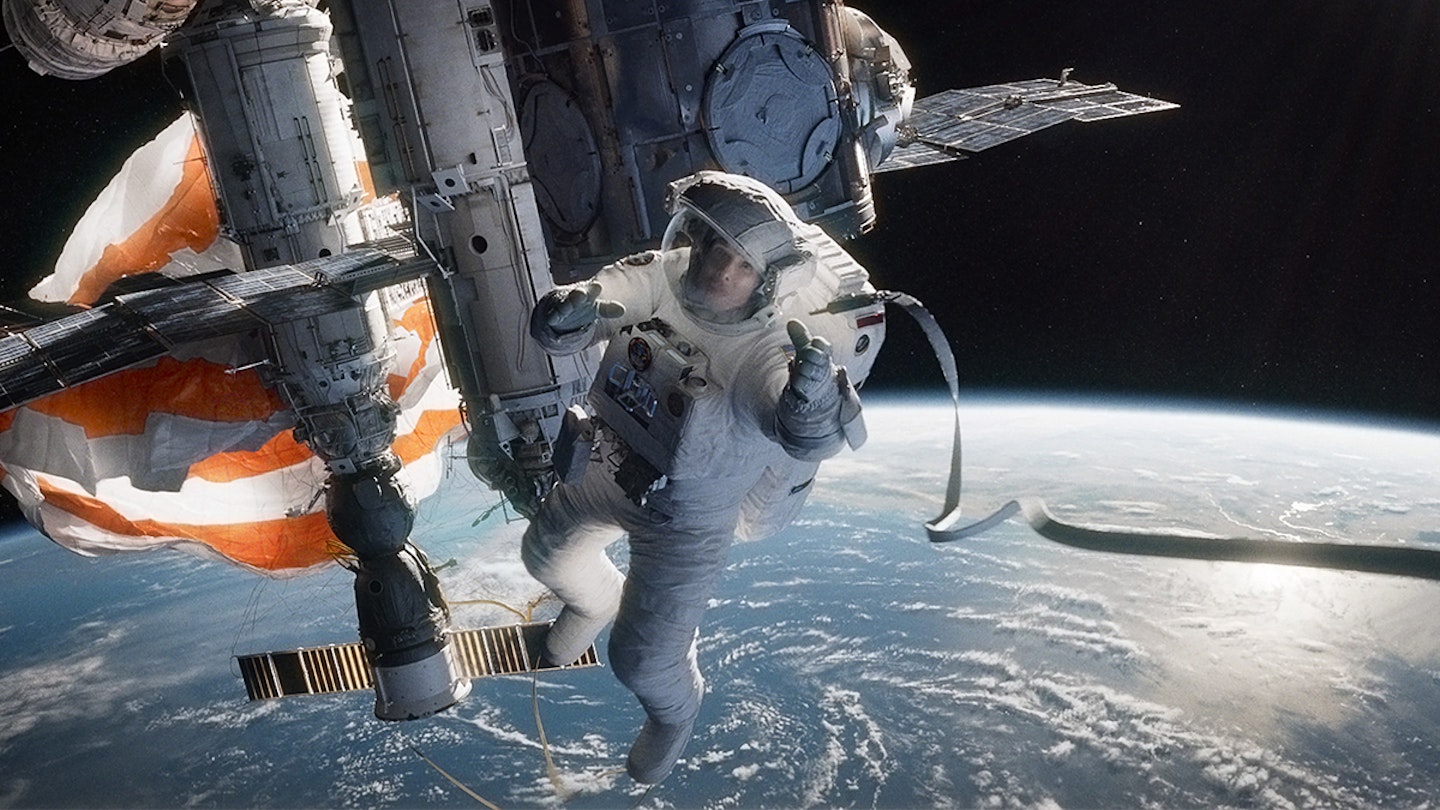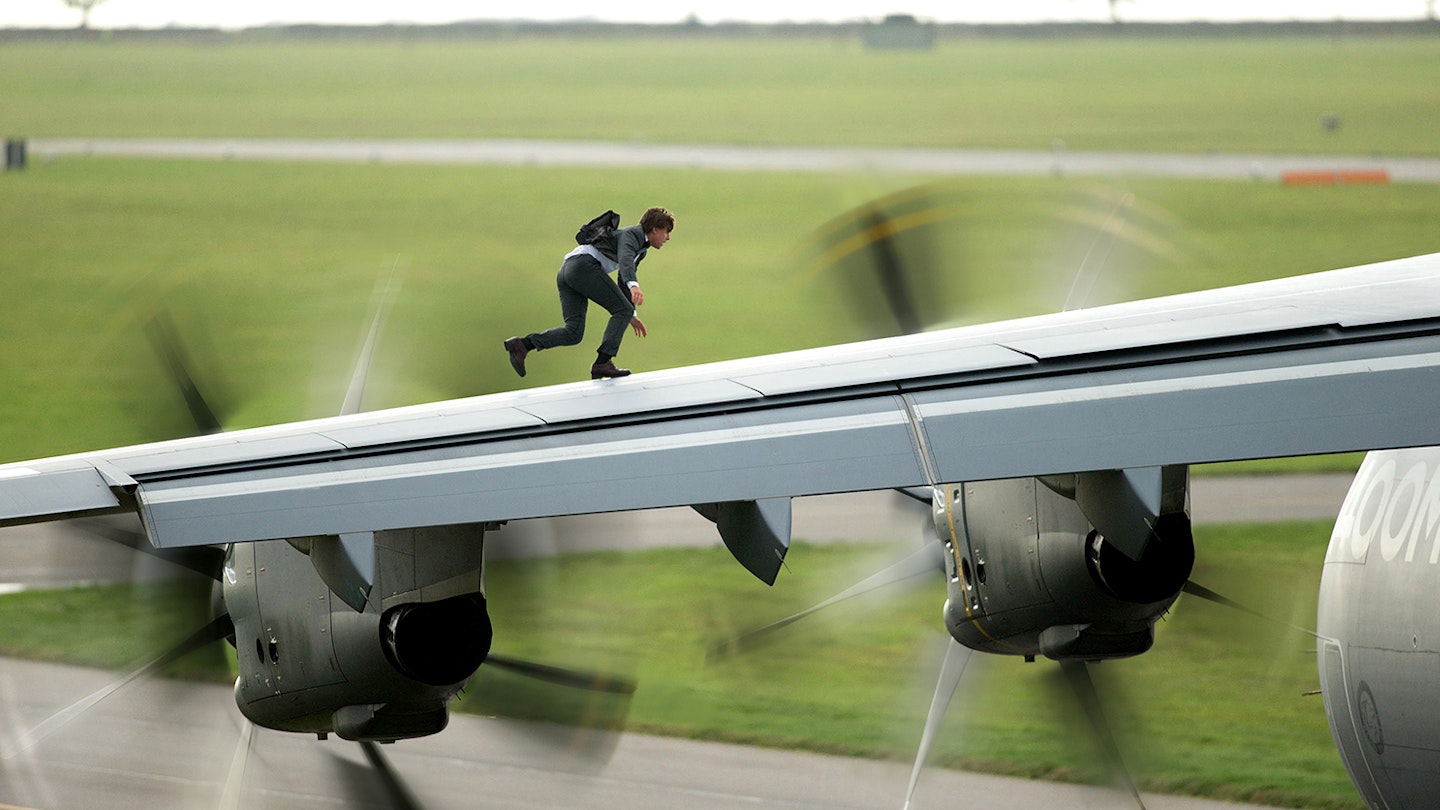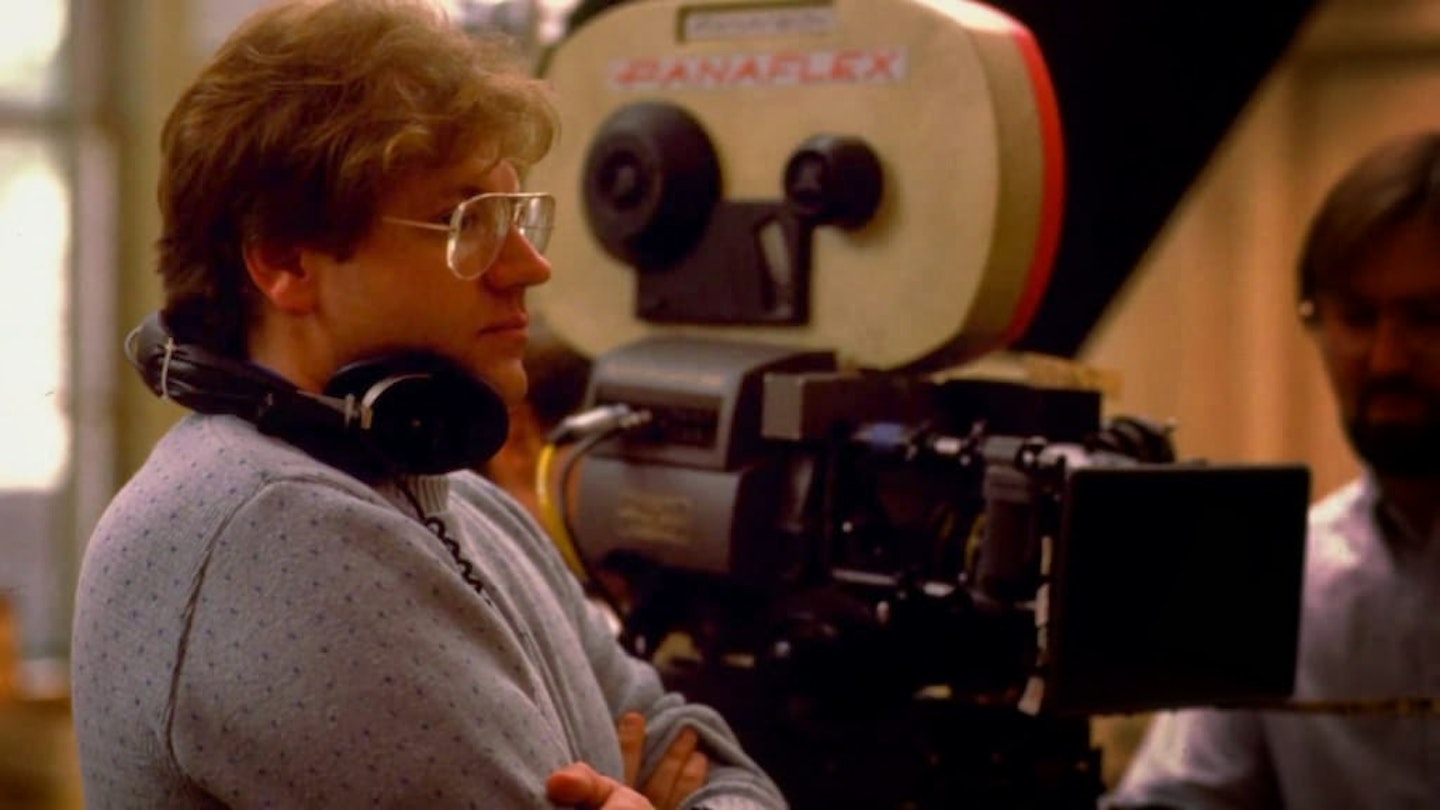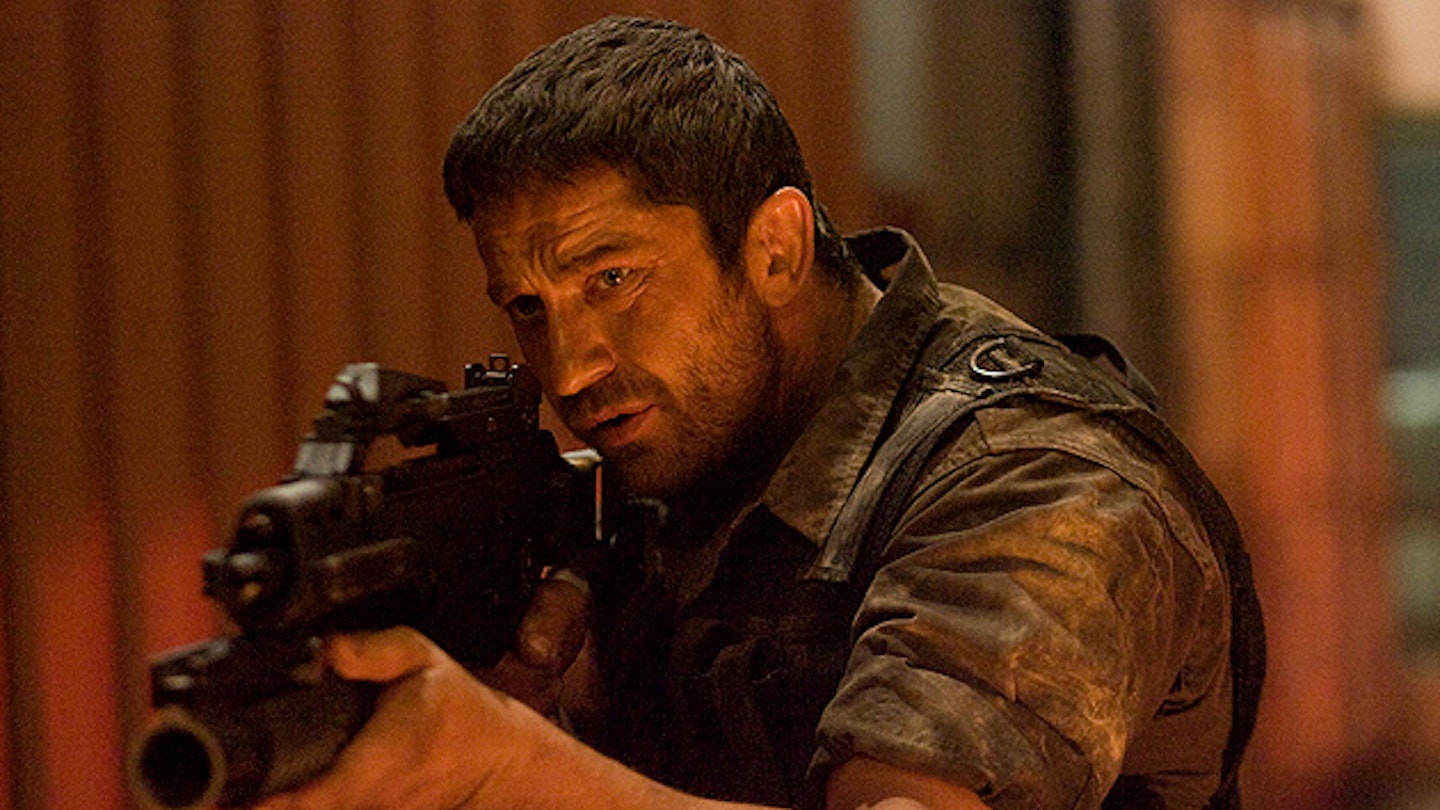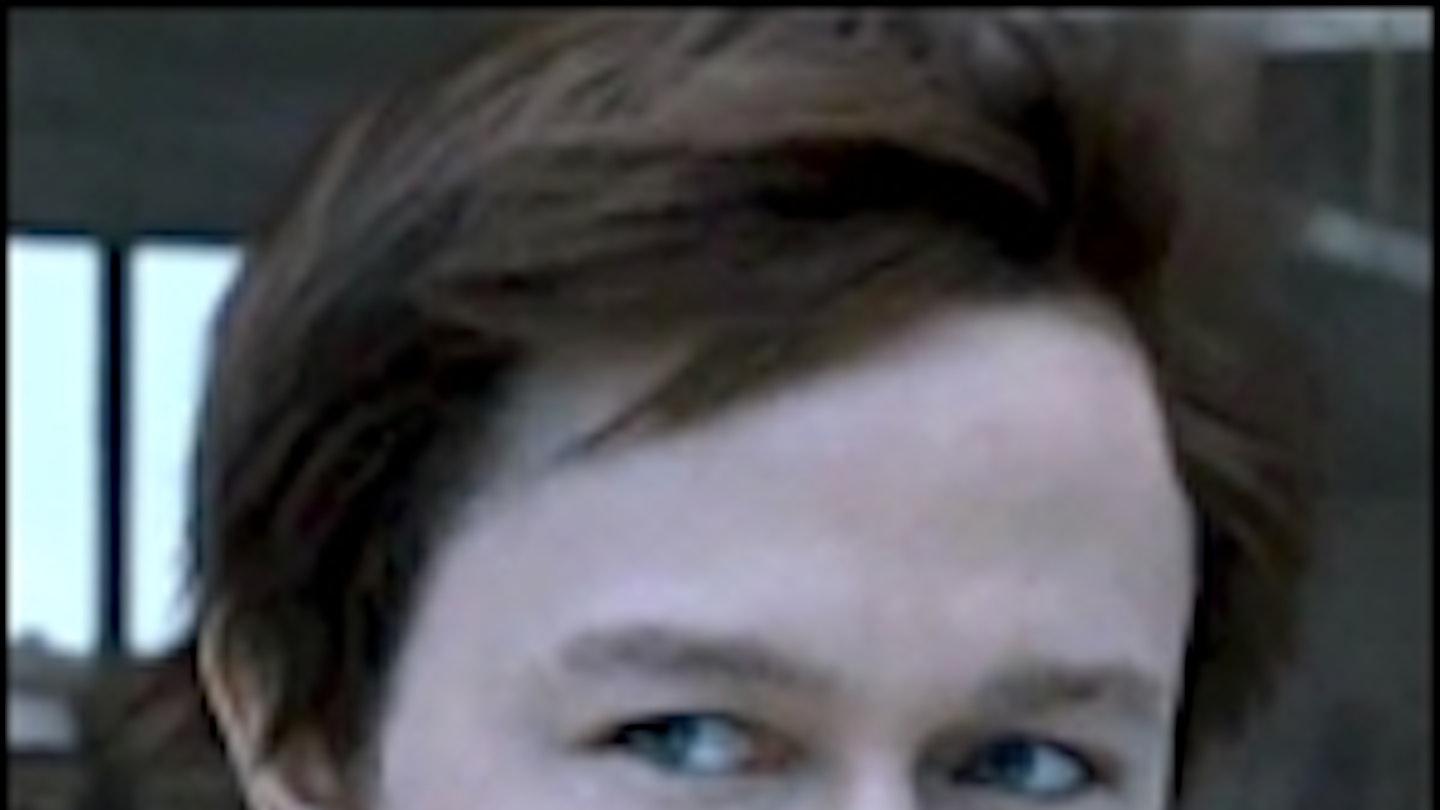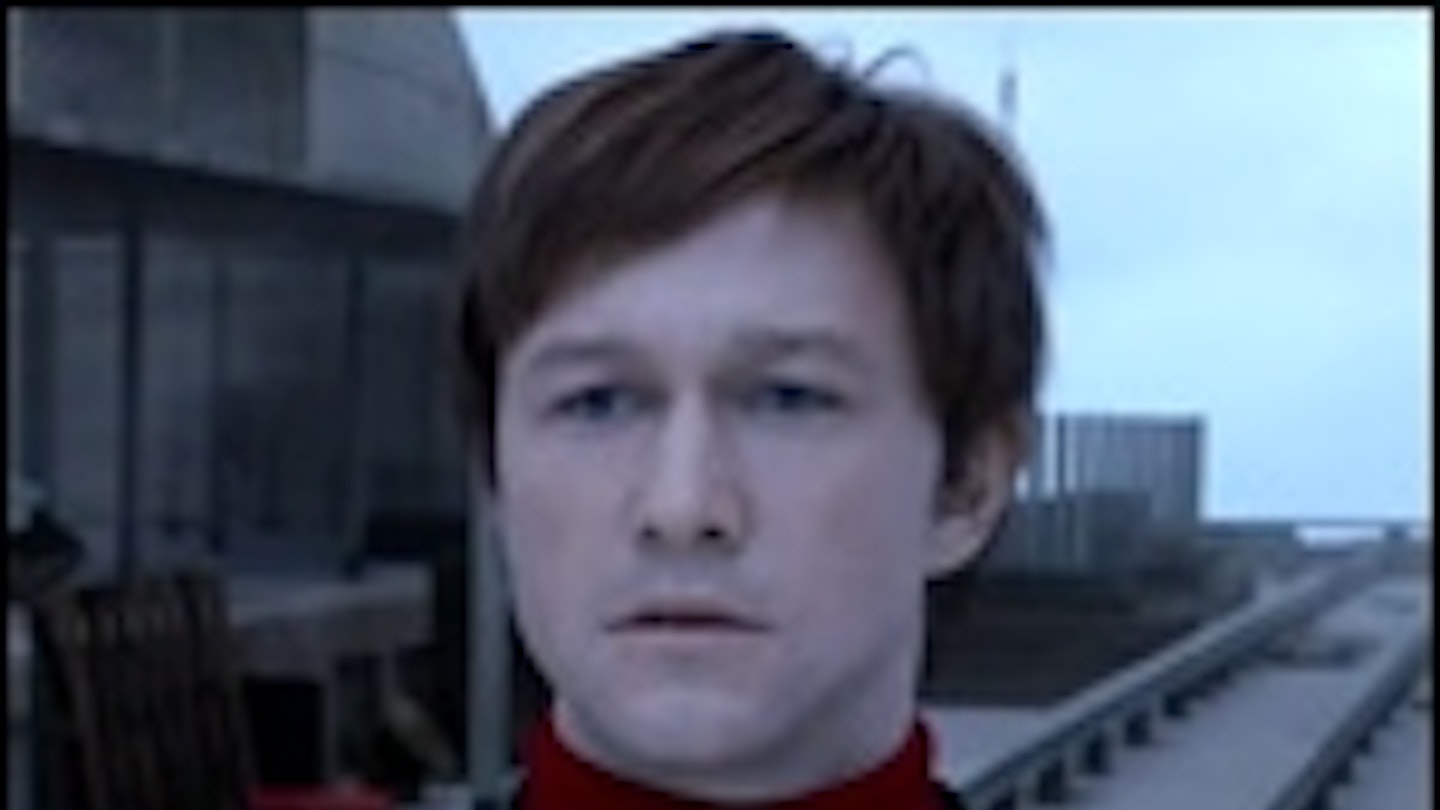Robert Zemeckis’ telling of the high-wire derring-do of Philippe Petit exhausts itself for a long time trying to answer a niggling question: why does it exist when we have the Oscar-winning, widely seen documentary Man On Wire, which already thrillingly told of Petit’s absurd plan to illegally tightrope-walk between New York’s Twin Towers? It finds its answer eventually, and it’s a pretty convincing one, but there’s an awful lot of wobble beforehand.
There is a foundational problem with telling Petit’s story. He’s a bit of a prick. A lot of one, actually. Even when he’s an anonymous street performer, he considers himself superior to everyone. He shouts. He bullies people into helping him. He’s a pain in the bum. Boorishness is somehow easier to watch in a documentary, because you’re investing in the facts of a story rather than any one person in it. In scripted drama, with which we’re conditioned to empathise, an annoying central character is a problem. Joseph Gordon-Levitt can’t be criticised for his energy in the role, even if his manner, like any non-Frenchman playing French, comes off a touch Pepé Le Pew. There’s always part of you that hopes his rope might give out.
Whether to differentiate his film from the documentary or to echo Petit’s wildness, Zemeckis throws a lot of stylistic gimmicks at the story. The fourth wall is broken immediately and almost every plot point is told in voice-over. It works against him, Petit’s narration giving a cartoonish feel and the narrated exposition offering characters no opportunity to establish themselves independently. The supporting cast is so thinly drawn they can all be boiled down to a single noun — the girlfriend, the stoner, the photographer. And then we get to that walk. It is majestic. There are few directors who know better than Zemeckis where to put a camera for maximum awe. It offers one thing Man On Wire couldn’t, the feeling of being out there. For that stretch, the movie has every reason to exist and it dazzles. Partly because Petit shuts up for a bit.
